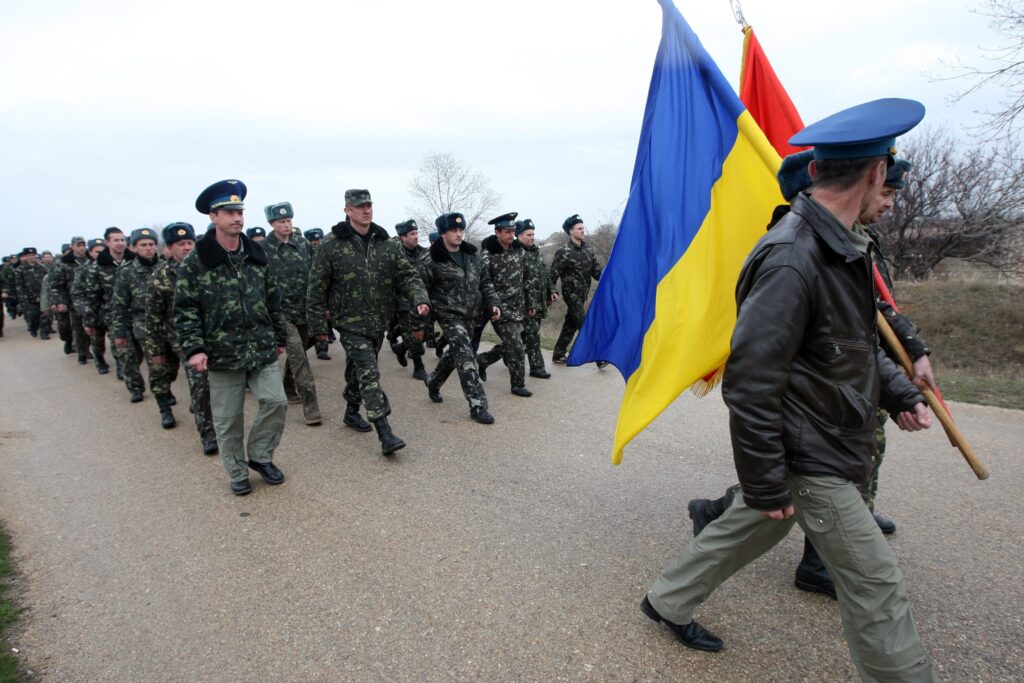The Western messaging to Ukraine’s leadership
How are mass media and politicians in the West framing the Ukraine crisis? Some insights from our columnist

By Valentin Yakushik
Two parallel streams of semantic messaging currently dominate the Western mass media and in the speeches of Western politicians and high-ranking civil servants,regarding the situation in Ukraine and in Ukrainian-Russian relations.
The first is – an unacceptably high level of corruption (in all its forms) remains in the Ukraine and in its highest echelons of power there, and at the same time, the Ukrainian leadership creates obstacles to the implementation of the strategy of its Western partners to form a complete system of anti-corruption bodies in the country dependent on Western centers of power. Added to this are stories about the alleged presence of “moles” in the highest power structures of Ukraine – persons who are strategically working for alternative geopolitical centers of power competing with the West, or simply “not free of charge” sharing delicate confidential information with them.
The second stream of semantic messages is statements that Putin / the Russian Federation is about to attack Ukraine and will attempt to occupy it, and at this time the Ukrainian leadership does not envisage this danger or, criminally, does not want to pay attention to it.
The two main goals of filling the international and domestic information space with such messaging ar the following.
One, is to encourage the Ukrainian leadership to be even more attentive to the advice (tips, instructions) from their leading Western senior partners, almost as an appeal to “not cheat” (like Petro Poroshenko); to protect their own, group and, possibly, also the national interests of Ukraine, but to do what is expected and required of him. At the same time, the goal of replacing the existing government of Ukraine with another has not yet been framed, although possible more flexible alternatives are being sought to implement such action.
Secondly, the leadership of Ukraine is gradually preparing for a possible “Big Deal” between the United States and the Russian Federation, an important component of which may be the full implementation of the main ideas of the Minsk Agreements of 2015 (not necessarily in “letter”). This is the return to Ukraine of the districts of Donetsk and Luhansk regions, which is not currently in its control, in a political and legal status similar to the status of Hong Kong and Macau within the People’s Republic of China.
Time will tell which way Ukraine’s destiny proceeds.
The author is Professor, National University of Life and Environmental Sciences of Ukraine. He can be reached at: yakushik@hotmail.com
Views are personal and International Affairs Review neither endorses nor are responsible for them.
We welcome all pitches and submissions to IAR via email: iareview2019@gmail.com